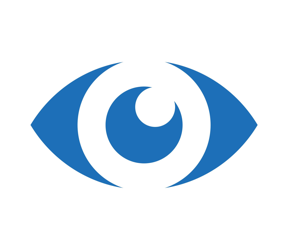In 2010, PWYP-US was successful in getting the US to pass a groundbreaking transparency law that required all US-listed oil, gas and mining companies to disclose what they pay for the right to explore, develop, and extract natural resources. PWYP-US then worked with other PWYP coalitions to ensure that Section 1504 (also known as the Cardin-Lugar provision of the Dodd-Frank Act of 2010) catalyzed the development of sister provisions around the world. Now, 30 countries (Canada, the EU and Norway) are implementing transparency laws modeled on Section 1504, and we finally have access to data that is critical to holding companies and governments accountable.
Despite the global momentum, legislative and regulatory challenges remain in the US. In 2017, the Trump Administration repealed Cardin-Lugar’s implementing rule and a legislative repeal effort was introduced in the House.
PWYP-US is currently focused on ensuring the protection and implementation of Section 1504; working with PWYP International and global partners to harness mandatory disclosure data for corporate and government accountability; and coordinating with the PWYP network to protect and advance the global transparency standard. PWYP-US is coordinating members to submit compelling evidence to the Securities and Exchange Commission (the regulatory agency currently drafting a new proposed rule to implement 1504) with the aim of supporting the development of a strong, effective rule. PWYP-US also supports and promotes the visualization and use of available payment data for influencing and reform, primarily through its Extract A Fact website.
For the latest information on the 2020 SEC Rulemaking for Section 1504, U.S. Oil and Mining Anti-Corruption Rule, take a look at this page.
 Carly Oboth
Carly Oboth  Key resources: coal, copper, lead, zinc, gold, iron, oil and natural gas.
Key resources: coal, copper, lead, zinc, gold, iron, oil and natural gas.